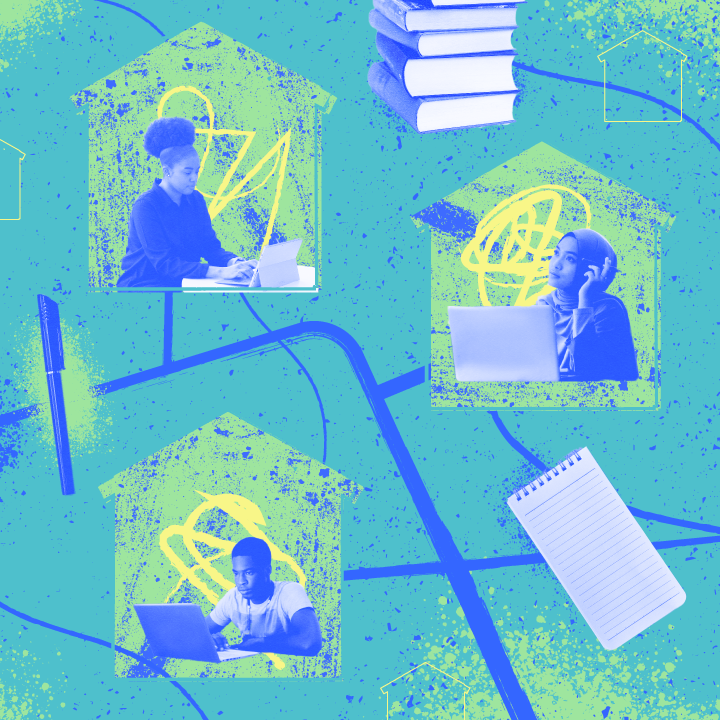
The entire first week of school I had an enormous grin on my face, and like many of my peers and professors, I hoped that university would return back to normal as soon as possible. However, after reflecting on all we have collectively learned over these past 18 months of online learning, I firmly believe that university education would be a better experience if we didn’t forget the lessons of this past year.
The first lesson is the importance of flexibility and capacity to change.
In many of the conversations I’ve had with my peers, we commonly thought that the way university education happens could never change. But the pandemic turned that notion on its head.
As so many departments, professors and staff were developing their courses online from scratch, much innovation took place when it came to class content, the delivery of materials and the nature of assignments. To adapt to the online environment, there was a sustained effort in the classes I took to ask students critical questions, design bite-sized lectures and assess students’ understanding of material more often, rather than in a limited number of assessments.
I hope that the ability to be flexible and change how learning happens, according to what works best in the current context, continues.
Second, many professors and students alike started to ask — how do we extend learning beyond a 50-minute lecture?
Online learning made it very clear — weekly lectures were not enough to develop a student’s understanding of a subject. Rather, significant activities to engage students outside of the classroom were needed. Many of my classes increased help hours with professors and teaching assistants. Others pursued non-traditional methods of teaching, like projects that allowed students the freedom to connect their education to their lives and explore the world outside of the university.
These explorations give us the space to think about where and how what we are learning fits into shaping the existing world and, most importantly, how the knowledge and skills we learn can be applied to make it better.
For our education to matter post-graduation, we must continue to extend learning outside of the classroom.
Third, the COVID-19 pandemic raised awareness that students are people too, with full lives outside of university.
For the first time in my university journey, there was a communal acknowledgement that it takes more than hard work to do well in classes. Rather, resources including a reliable internet connection, spaces to study safely and efficiently for long periods of time and financial stability were equally as important.
Conversations have also been started about the importance of prioritizing mental health and how experiences in university can affect it. These reflections and conversations must be continued, because the health and wellness of students is just as important as their academics.
While learning online hasn’t been easy, if we learn from these experiences, and continue to build the capacity to change for the better, engage students outside of the classroom and prioritize equity and student wellness, we can make university a better, more fulfilling and healthier experience for everyone.
A return back to the campus this fall shouldn’t mean a return back to what university education was. Rather, this is our opportunity to do better and reimagine university education for the future.
—
This op-ed was written by a University of Saskatchewan undergraduate student and reflects the views and opinions of the writer. If you would like to write a reply, please email opinions@thesheaf.com. Vaidehee Lanke is a fourth-year undergraduate student studying bioinformatics and is the Opinions Editor at The Sheaf Publishing Society.
Graphic: Jaymie Stachyruk
Leave a Reply